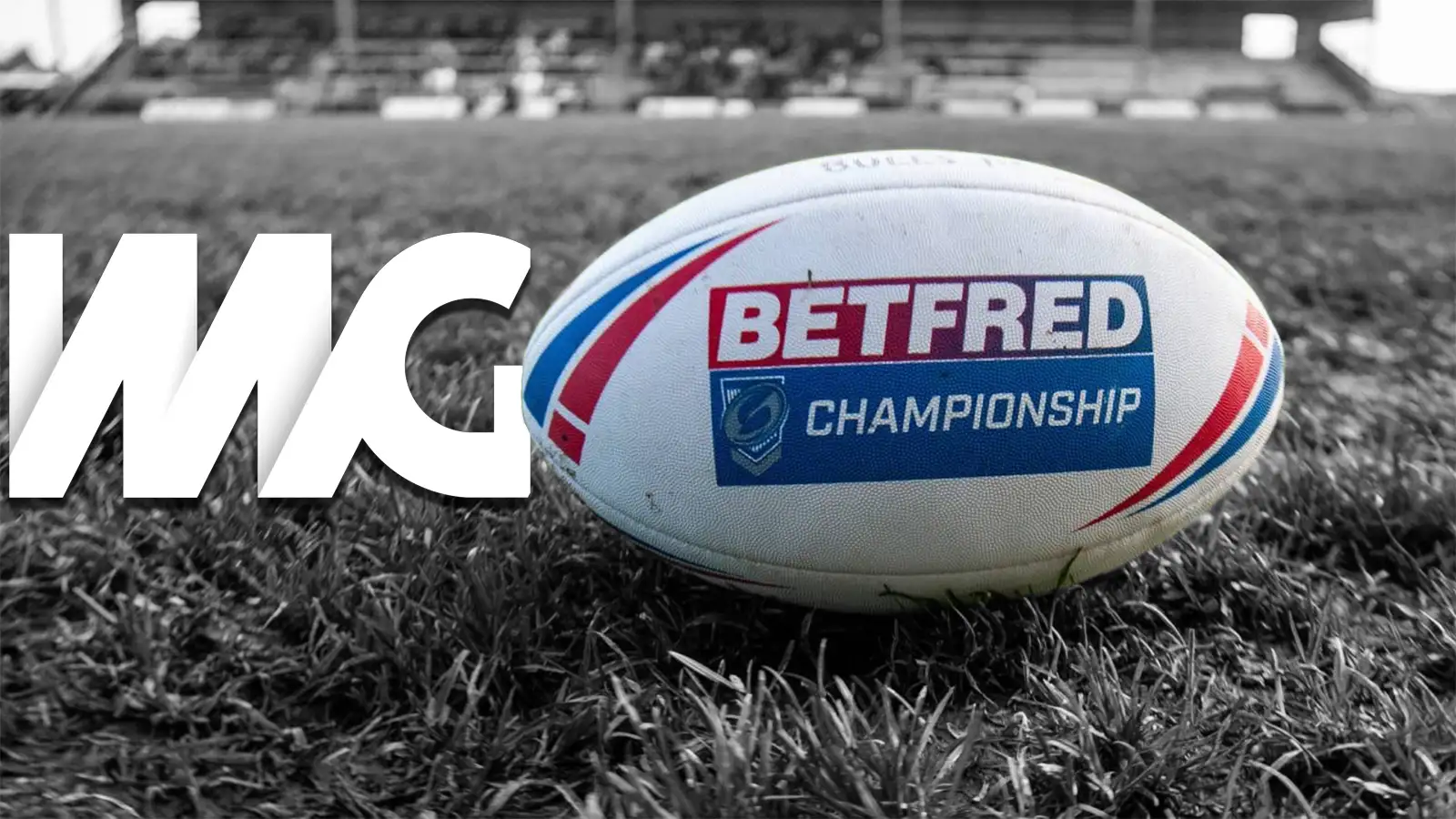Hemel complete full house of expansion club demise

Four new “expansion” teams were announced to be joining League 1 ahead of the 2013 season.
Five years later, none of them remain.
Northampton didn’t even make it to the starting blocks having withdrew their application, which was linked heavily with the football club and home games due to be played at their Sixfields home, in the build-up.
Gloucestershire All Golds and Oxford both pulled out at the end of 2017, claiming to be merging to form a Bristol club to join in 2019, a move which appears to be dead in the water.
And now Hemel, a club that has been around for almost 40 years, have pulled out having struggled to compete in the division, taking the embarrassing move of relocating training to Dewsbury during their existence in the semi-professional ranks.
Hemel will look to regroup in the mooted Southern Premier League, which clubs hope will include some sort of connection to League 1 to ensure progression up the pyramid is possible when clubs are ready.
Gloucestershire All Golds are likely to be part of the new set-up too, as they look to regroup and rebuild to get the expansion the game wants.
Those new teams were on a hiding to nothing. Struggling to attract players of a sufficient calibre, their locally produced players – surely the point of having an expansion team – were just not at the level of the players in heartland teams.
While Toronto and others can afford to splash out on bringing in overseas players and seasoned Englishmen, the reality for other expansion teams is very different.
It becomes a lot harder to grow revenues – through ticket sales, sponsorship and merchandise – if you’re getting flogged every week, and it appears that pain has now become too much for the expansion clubs to continue in the current format.
West Wales Raiders have appeared to be another club on the brink, though how their recruitment of an overseas coach and players will impact them next season will be interesting. Can they become competitive but still provide the platform for Welsh players to progress?
The news that Hemel are to withdraw leaves League 1 with 11 teams – Doncaster, Coventry, Hunslet, Keighley, London Skolars, Newcastle, North Wales, Oldham, West Wales, Whitehaven, Workington.
Rewind to 2012, there were 10 teams – if you count Coventry as the additional team, Hunslet and Keighley have replaced Barrow and Rochdale; with Gateshead (Newcastle) and South Wales (West Wales) changing their names since.
You could call it a failed experiment, though it comes as no surprise. To be fair, in the first season after the expansion, the 2013 League 1 did have a bit of an expansionist feel to it – with only Oldham and Rochdale from the so-called heartlands; together with the two Welsh teams, the three new expansion sides, Skolars and South Wales.
In that campaign, Hemel finished fifth, winning eight games from 16; Oxford also made the play-offs with five wins and two draws, while the All Golds won twice, drawing once.
That was about as good as it got, though the Stags did reach the play-offs in 2014 as well.
Unfortunately, the growth of the league in numbers due to changes in Super League and the Championship, meant more heartlands teams dropping down, plus the addition of relative powerhouses like Toronto, Toulouse and Bradford has just blown away those at the bottom.
In the 14-team competition in 2015, Hemel finished with five wins from 22, Oxford seven and All Golds eight.
Rugby league continues to try expansion projects while the game is built on sand and with apparently no real logical thinking on their strategy.
Hopefully the recent steps forward with the structure of the game, and the upcoming announcement about the Southern Premier League (or League 1 South), will put to bed the uncertainty of the structure of the game and enable clubs to thrive and grow in environments suitable to their clubs.



